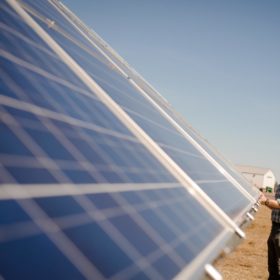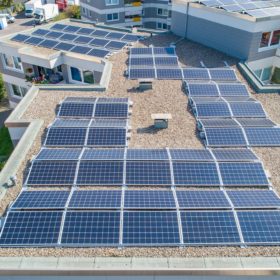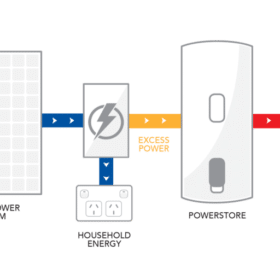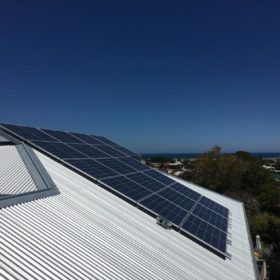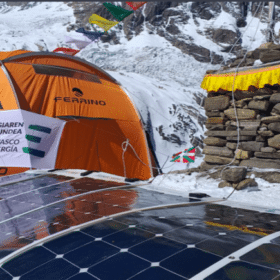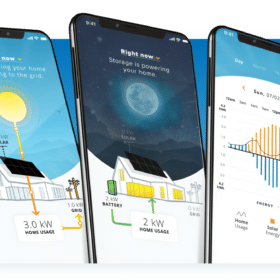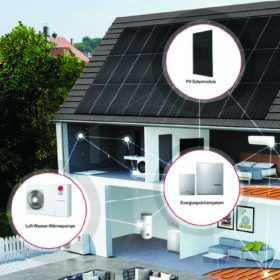US scientists claim PV system owners subsidize their non-PV neighbors
Researchers at the Michigan Technological University claim to have demonstrated that PV system owners in the United Stated are unjustly subsidizing electric utilities. Their analysis showed that, thanks to rooftop PV, utilities and their non-PV customers can save money from avoided costs for new grid, reserve, and generation capacity, as well as for avoided operation and maintenance and environmental and health liabilities due to fossil fuel power generation.
Brazil’s PV module demand reached almost 5 GW in 2020
According to a recent report from Brazilian consultancy Greener, the country imported 4.76 GW last year. Domestic PV module makers had a 3.8% market share with around 190 MW in shipped modules. The analyst also revealed that prices for distributed generation PV systems rose by 20% in 2020.
Solar-plus-storage vs grid enhancement in Sweden
Sweden saw extraordinary high spot prices during last summer, due to difficult power transmission from the north, where most of power generators are located, to the south of the country, where most of the demand is concentrated. According to Swedish PV association Svensk Solenergy, solar-plus-storage offers a quick and scalable solution to avoid expensive and slow grid improvements.
South Australia’s hot water systems set to soak in solar
Around 2,400 South Australians will soon be fogging up the bathroom mirror without qualms about the cost of heating water, as Solahart is set to implement a new trial to control hot water systems.
Australia deployed 2.6 GW of rooftop PV in 2020
The rise and rise of rooftop solar PV has established Australia as a renewable energy powerhouse, with new figures from the Clean Energy Regulator (CER) revealing the nation achieved a record in renewable capacity in 2020.
Large-size solar tile from Spain
The product is available both with monocrystalline and CIGS solar cells and is claimed to be the world’s largest solar tile with dimensions of 457 x 510 mm.
High-level photovoltaics
The expedition to Manaslu Peak (8,163m) in Nepal, led by Alex Txikon, will not consume a single liter of fossil fuels thanks to two portable photovoltaic installations. The initiative is being promoted by Eki, a foundation created by Spanish solar company Solarpack and supported by the Basque Energy Agency (EVE).
Romania improves rebate scheme to speed up rooftop PV development
The Romanian government has changed the rules of the Casa Verde Fotovoltaice (green PV home) scheme to support residential solar installations under the country’s net metering regime. The new provisions improve the installation process and settlement of rebate payments.
SunPower launches home monitoring app for solar, storage
The SunPower solar monitoring app draws inspiration for its user interface from unlikely non-energy sources such as Spider-Man.
LG Electronics offers hybrid system combining heat pump, PV and storage
The system generates electricity and heat for residential houses and small businesses. An integrated energy management system should guarantee maximum self-consumption of the solar power produced.
